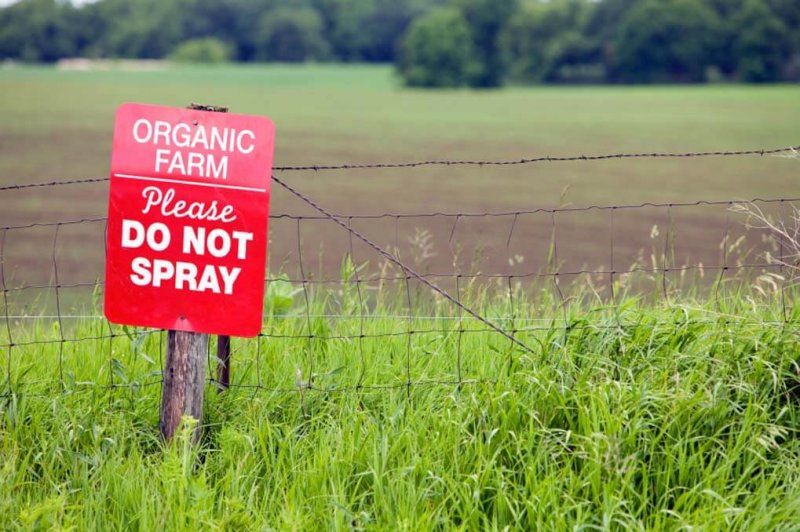If the goal in farming is feeding an increasing population with least impact, conventional agriculture is the approach most likely to be successful, says a report published in 2017 by University of Minnesota researchers Dr Michael Clark (who contributed to the EAT Lancet report) and Professor of Ecology David Tilman.
Their meta-analysis is the most comprehensive Life Cycle Assessment comparison currently available and the results are available on “Our World in Data”.
They concluded that per unit of food, organic systems require more land and cause more eutrophication than conventional systems. Although they use less energy, they emit more greenhouse gases, which means that increases in agricultural input use efficiency would offer larger environmental benefits than would a switch to organic agriculture.
The researchers acknowledged that organic systems generally have higher organic matter and soil biodiversity than conventional farms but pointed out that the requirement for more land area per unit of food production had the potential to reduce soil organic matter from its “native” status.
If the goal in farming is to minimize environmental impact per hectare, organic systems could be the way forward – except that more land would be needed to feed the population ….































